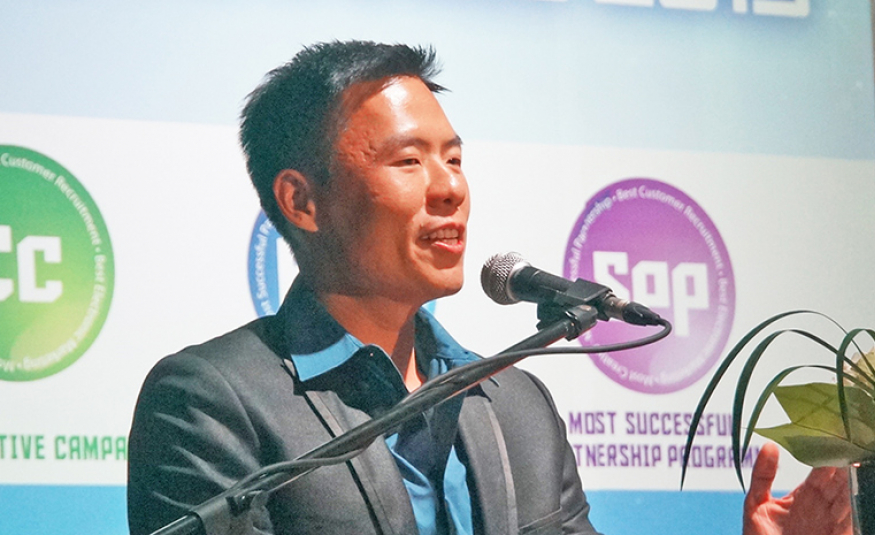Ben Veechai, CMO venueScout, senior consultant jwc GmbH, offers some insights into event marketing strategies
Tell us how you got started in the events industry and some of your first impressions of event marketing strategies.
I started my career working for brands like Infoworld, PC World, and Macworld publications in the US which also had events. I later served as marketing director for the Game Developer Conference portfolio for a few years with UBM Americas. However, moving back to Asia in 2011 and serving s the VP of marketing and corporate communications for all of UBM Asia/Informa Markets in Asia for nearly 10 years gave me a unique global marketing education and perspective. The biggest difference from marketing practice then and now is the amount of customer insights and analytic tools we have at our disposal, which marketers can and should make use of to deliver better marketing.
You worked at Informa/UBM’s Asia business for many years, how did event marketing strategies differ in that part of the world compared to, say, Europe and America?
Firstly, we need to think of Asia in terms of the individual countries, all with their own laws, cultures, and popular marketing channels and practices. China for example does everything through mobile social platforms whereas, in some parts of rural India a majority still do not have smartphones. These types of audience insights affect the kinds of messages and distribution channels a marketer needs to consider.
Great B2B event marketing is about understanding your target segments and the best ways to reach them. I also recommend going to visit the country you want to launch your brand in and attend an exhibition (ideally accompanied by a local marketer) in order to see how events and event marketing work in that country.
What is important for organisers today when they are searching for a venue and service providers for their events? What are some common challenges?
Aside from the dozens of exhibitions and conferences I’ve worked on, I used to host annual corporate meetings for UBM Asia which rotated locations every year. The venue search process alone took months as we had to get inspired by the city (or venue), create detailed criteria documents, research, and then send RFPs one by one. The great thing about the jwc initiative I work on now called venueScout, is that we performed so much research into the mindset and process of event organisers and meeting planners that we were able to design a truly thoughtful platform to help these folks experience event planning all on one system.
What has been your most exciting career challenge in event marketing?
I think of challenges more so as ‘experiences’ in retrospect, and I’ve had plenty! When I was at GDC, our division was the first to win a partnership with Google to promote and distribute US$1m worth of android phones (when they just launched) at the show in order to promote game design on Google Play. Also the experience in partnering to launch a co-built B2B marketplace platform with Alibaba during my time at UBM Asia was quite challenging. We had a six event collaboration that culminated in a final experiential kick-off at the SIGN and LED Fair in Guangzhou. Our stand and activation designed in futuristic outer space was a hit.
I always find opportunities to learn more. Just last week, I got to work with a new team in the Middle East trying to develop their B2B portfolio of events.
What trends are coming down the pipeline in event marketing?
Events and companies need to become even more aware of their total brand value and which social issues and principles they wish to stand for. Venues, service providers, organisers, visitors, and exhibitors are all still human beings and want to associate with and participate in events they relate to on a personal as well as professional level. I believe (perhaps hope?) more companies will incorporate more CSR into their brands 365 days a year and not just during one-off events.





